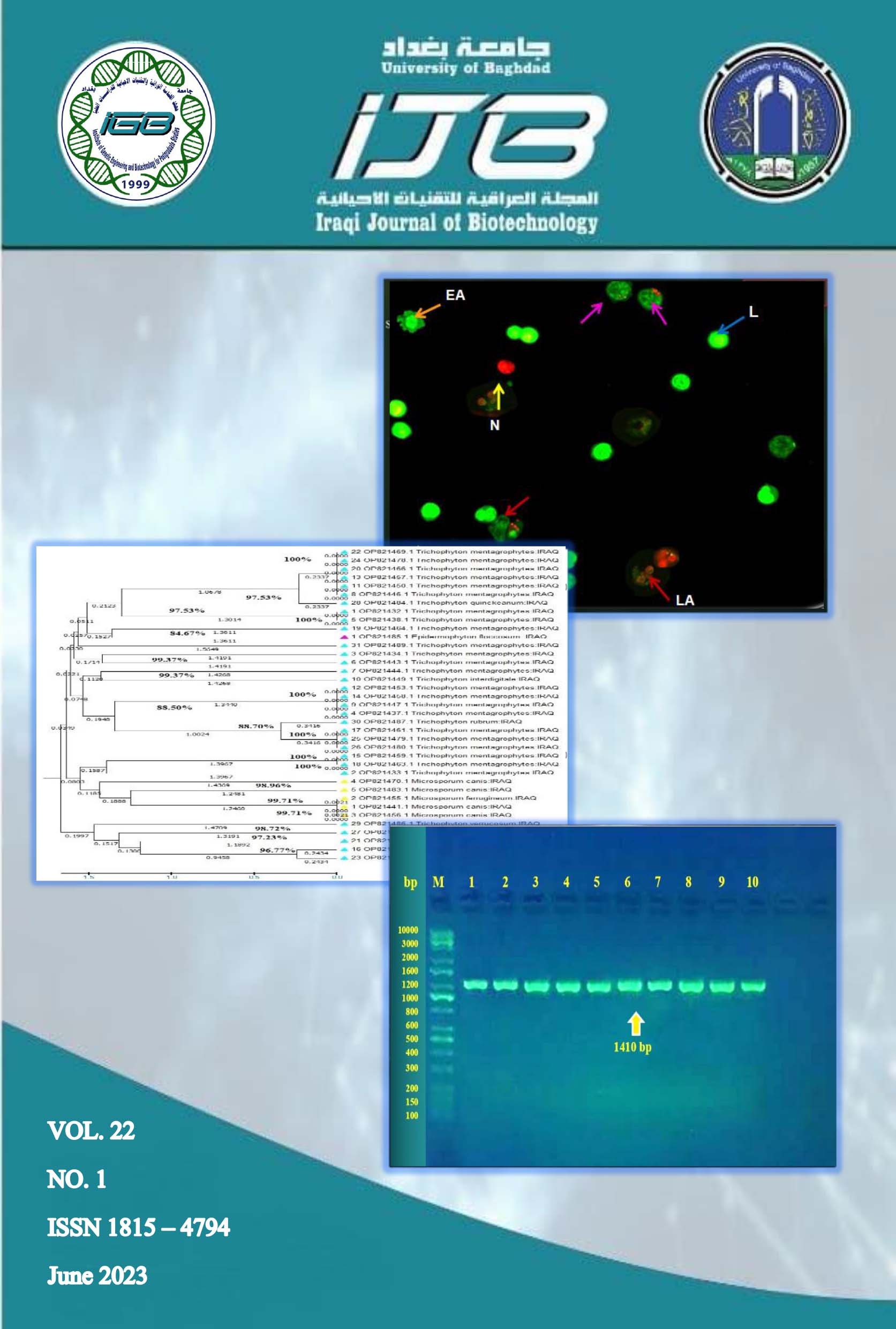Assessment of HNF4A Gene Expression as a Potential Biomarker for T2DM Predicting and its Correlation with Biochemical Parameters in Iraqi Population
Abstract
Type 2 diabetes mellitus (T2DM) is a complicated disease that is caused by a combination of genetics and environment. The hepatocyte nuclear factor (HNF4A) is responsible for regulating hepatic gluconeogenesis and insulin production. Several studies have connected the corresponding gene to type 2 diabetes. This study involved the collection of 150 blood samples, which were divided into three groups: fifty youthful patients (10-35 years) and fifty elderly patients (40-85 years) with a previous diagnosis of T2DM. Additionally, fifty blood samples from healthy, typical individuals have been collected. All of the participants had their complete medical histories taken, received a comprehensive clinical examination, and had standard laboratory tests performed, such as blood sugar levels while fasting, hemoglobin A1c levels, and total cholesterol. Also, the gene expression of HNF4A in comparison with housekeeping gene GAPDH has been done. The results showed that levels of fasting serum glucose, hemoglobin A1c and total cholesterol had a significant increase in T2DM patients as compared to control group. The analysis of HNF4A gene expression revealed that there was no statistically significant difference for gene expression of the HNF4A in compression with control. The study conclude that a significant correlation existed between HNF4A gene expression with the biochemical tests.


